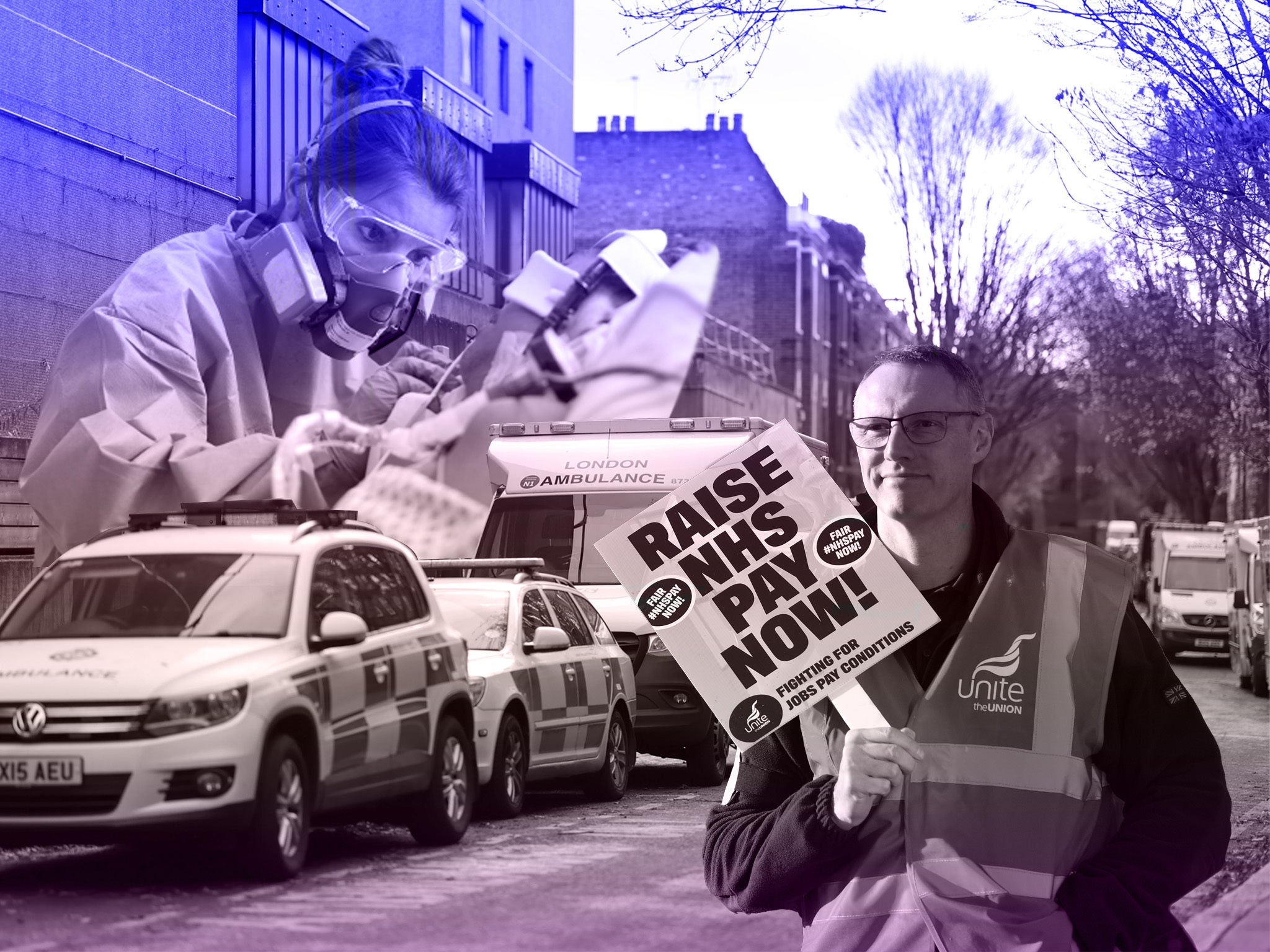I’m a nurse – this is why I voted to strike
As part of our series looking at strikes, Debbie Quinn describes the reality of nursing inside NHS hospitals


Ever since I was a young child, I dreamt of being a nurse that worked for the NHS. Twelve years ago, after lots of hard work and determination, I achieved that goal. There were lots of sacrifices from my family, who supported me throughout my course.
I currently work as a deputy sister in an NHS hospital in Lincolnshire. My role is as part of an acute cardiology team that has face to face contact with patients that attend the hospital after having heart attacks and following cardiac arrests.
There have been many questions asked about why nurses are striking. Most people assume it is due to the real cut in our wages – but this is just a small part of why we are striking. I voted to strike, but my trust did not receive enough votes for our members to actually participate.
I support the strikes, as over the last 12 years I have seen the effects of Conservative cuts to NHS budgets and the removal of the bursary for nurse training. Patient safety is being degraded. We currently work well below safe staffing ratios.
I started a shift recently with a ratio of one qualified nurse to 18 patients. We were allocated another nurse, but this took another ward below template and we were still a nurse down. Patients are waiting more than 24 hours to get a bed on a ward. Ambulances are waiting to handover their patients – and in turn can not attend further call outs, as they are stuck in a corridor in A&E.
As a primary service for percutaneous coronary intervention, we have an optimum time to revascularise the heart arteries. This has sometimes not been met due to delays in the patient being transferred into our hospital.
We recently had a patient waiting for an ambulance to transfer them to another hospital for cardiac surgery. We were told there was a 14-hour wait for a crew to be allocated. After 20 hours, there was still no crew. After 30 hours, I was contacted on my day off to see if I would escort the patient as there was still no paramedic crew available. I agreed to do the transfer for the patient’s safety.
We consistently finish late. I have a rule I work the first extra 30 minutes free, which is usually every shift. We have to do an extra shift to make up for our unpaid breaks. As I’m a deputy ward manager, my breaks usually consist of constant phone calls and disruptions as I have to deal with staffing issues, help junior staff and deal with complex patients – that’s if I manage to even get a break.
The amount of verbal and physical abuse we have to tolerate has become the norm. I have personally been physically attacked, the most recent was in August when I ended up in a cast as a patient snapped the ligaments in my hand. The NHS is losing staff at an unprecedented rate, and staff morale is at an all-time low.
Staff burnout is tangible. Experienced staff are leaving the profession as the consistent stress and lack of work-life balance is taking a real toll. Newly qualified staff are struggling to cope with all the pressure being placed on them.
Patient safety is again threatened as the loss of these experienced nurses are having a detrimental effect on the care given. Their knowledge is lost to the upcoming nurses, as they are choosing to undertake roles that are more family-friendly and with less pressure and unsocial hours.
I know people say, “you didn’t do this work for the pay” – but I still shouldn’t be afraid to look at my payslip in case I don’t have enough money to pay my bills. With all my experience and training, I still do not earn the figure quoted by the government spokespeople.
I live in a small terraced house and have a car that is 18 years old. My youngest daughter is at university in London. I try to help support her as her student loan hasn’t kept up with inflation. If you ask the majority of nurses and paramedics, they are not striking for themselves – but for the strangers that we take care of every day.
We are all very concerned by the ongoing staff shortages, delays in treatment and the inevitable deaths caused by these delays. I can only see the future becoming more bleak for the NHS, because, frankly who would want to work in a service that is being made to fail by years of underfunding?
I personally love my job – but is it still my dream job? That’s very hard to say. The neverending stress, 14-plus hour days, aggression and abuse makes me question if it’s something that is sustainable for me.
Join our commenting forum
Join thought-provoking conversations, follow other Independent readers and see their replies
Comments